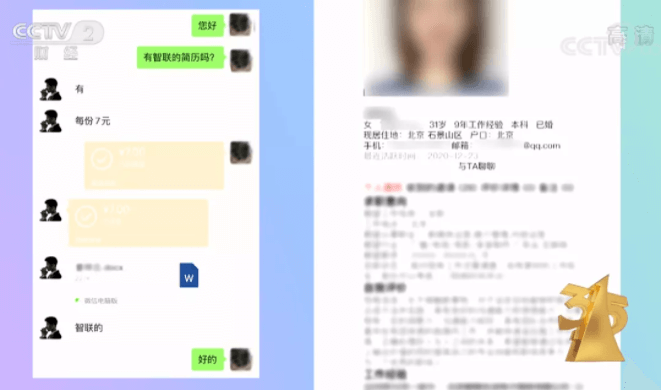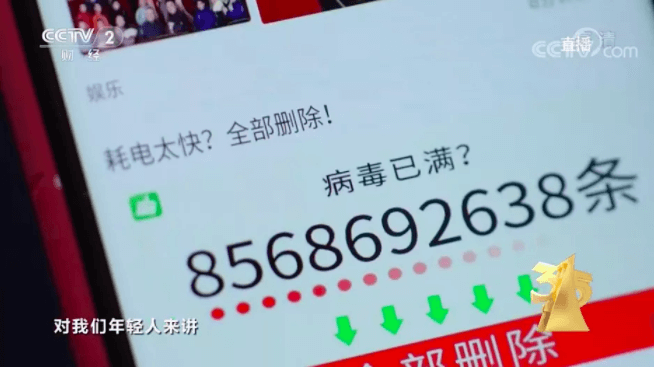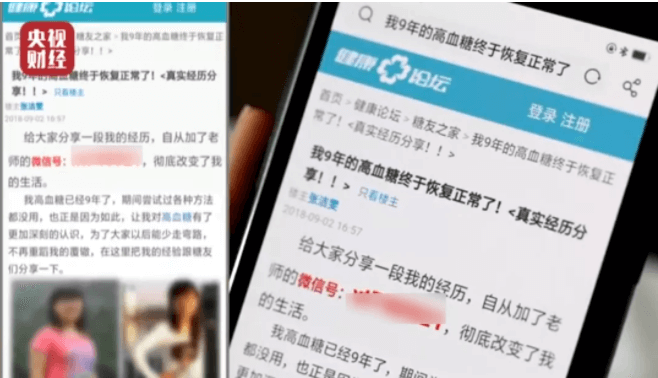The annual CCTV "3·15" evening has taken strong action against "information security," exposing the misuse of facial recognition, resume selling, information search, and mobile cleaning software.
315 reporters investigated more than 20 merchants with facial recognition systems in various locations across the country. Wherever they went, facial recognition information was secretly obtained without any merchant explicitly informing or obtaining consent.

Kohler Bathrooms also installed facial recognition cameras in thousands of stores nationwide. Once consumers enter one of these stores, their facial recognition information is captured and automatically assigned a number without their knowledge.

The manager of U-Link Electronic Technology Co., Ltd. revealed that millions of such cameras have been installed. Manager Xue of Suzhou Wandianzhang Network Technology Co., Ltd. told reporters that their platform currently holds hundreds of millions of facial data.
The "Personal Information Security Specification" issued by the State Administration for Market Regulation clearly stipulates that the collection of facial information should obtain the authorization and consent of the personal information subject.
Zhaopin.com claims to have 180 million users and regards user information security and privacy protection as its "lifeline." However, in a QQ group called "58 Zhaopin Fans," a 315 reporter paid 7 yuan to a buyer and obtained a resume of a job seeker from Zhaopin.com.

The resume contains the job seeker's name, gender, age, photo, contact information, work experience, educational background, and other details.
Enterprises (with forged qualifications also approved) can download these resumes without limit by paying for membership.
Strictly checking enterprise qualifications is one thing, but for those with abnormal operations, such as downloading a large number of resumes in a short time, it is also possible to monitor through technology.
The police investigation found that criminals obtain resumes through enterprise accounts on one hand; on the other hand, they purchase resumes in bulk through QQ groups. Through these channels, a large number of personal resume information continuously falls into the hands of criminals.
Ms. Li, in her 70s, often received "security alerts" such as "virus," "junk," and "severe memory shortage" while using her smartphone to read news and novels. Following the prompts, Ms. Li cleaned her phone, but she found that the "security alerts" increased and her phone became slower.

These apps, while claiming to clean up junk, are actually reading information from the phone. Once you believe and click to install them, they will bundle install other apps, leading to more ads and a slower phone.

Staff warned that these data are used to profile elderly users, labeling them as "easily misled and induced." As a result, various vulgar, low-quality, and even deceptive advertisements and content are continuously pushed to their phones, leading to many elderly people being deceived.
When reporters searched for keywords like "weight loss" and "lower blood sugar" on UC Browser, the top search results were netizens sharing their experiences of curing diseases, claiming they were treated by a certain teacher and quickly stabilized according to the teacher's prescription, even including the teacher's WeChat ID.
The reporter added this teacher on WeChat, and after a brief inquiry about the condition, the teacher recommended "White-Backed Sanqi Nopali Powder." The reporter found that this is just an ordinary food product.
Not only on UC Browser, but also on 360 Search, there are many similar advertisements.

In recent years, the 315 evening has reported multiple times on the issue of false advertisements on the Internet. In March 2020, the State Administration for Market Regulation and ten other departments jointly issued a notice, emphasizing the need to severely crack down on false and illegal advertisements related to health food, medical care, and medicines that concern the health and property safety of the people.
How do these advertisements manage to appear on browsers despite the crackdown?
It turns out that such advertisements can be posted even without the manufacturer having the necessary qualifications. The reporter only provided a WeChat ID and product type, and the agency quickly produced an advertisement for weight loss and lowering blood sugar, as well as an expert Q&A from a fast-ask-doctor service.
The use of artificial intelligence has always been a double-edged sword, depending on how the wielder uses it. In education, artificial intelligence plays a significant role.

The journal "Science" once predicted that by 2045, on average, half of the labor positions worldwide will be replaced by artificial intelligence technology. The future is here, and even today, the development speed of artificial intelligence has far exceeded our imagination. Against this backdrop, people have increasingly reached a consensus that human creativity, empathy, imagination, and emotions are irreplaceable by artificial intelligence.
Minister of Education Chen Baosheng clearly pointed out that "innovation ability, communication and collaboration skills, complex problem-solving skills, and human-machine collaboration skills will become essential human abilities."
The advancement of artificial intelligence technology has made it possible to promote individual development. On one hand, "by combining AI (artificial intelligence) and BT (biotechnology), it is possible to fully understand students' overt behavior and covert characteristics, achieving perceptible learning scenarios, comprehensible learners, and customizable learning services."

In the future of education, artificial intelligence will bring endless possibilities, but also endless challenges. "Our biggest challenge now is how to establish a connection between the vast ocean of knowledge and artificial intelligence and living people, and how to protect our fundamental human attributes in this connection. Education must particularly enhance people's ability to interact with and control artificial intelligence, ensuring that it serves humanity and the human environment."

First, basic requirements for artificial intelligence literacy must be established. Different requirements should be formed for students at different stages; based on global consensus, a standard related to the employability and adaptability of graduates at all levels in the age of artificial intelligence should be established;
Second, it is necessary to establish basic artificial intelligence ethics standards;
Finally, transferable skills need to be strengthened. In the age of artificial intelligence, our professions are rapidly changing. To adapt to these changes, education must strengthen the training of students' transferable, portable, and transferable skills. This is a further reinforcement of education to ensure that artificial intelligence serves humanity.
As an important driving force leading the fourth industrial revolution, artificial intelligence is changing people's production, life, and learning while also pushing society into an intelligent age of human-machine collaboration, cross-boundary integration, and co-creation sharing. In the age of artificial intelligence, children need to master the underlying thinking logic of machines to truly adapt to the changes and demands of the times.